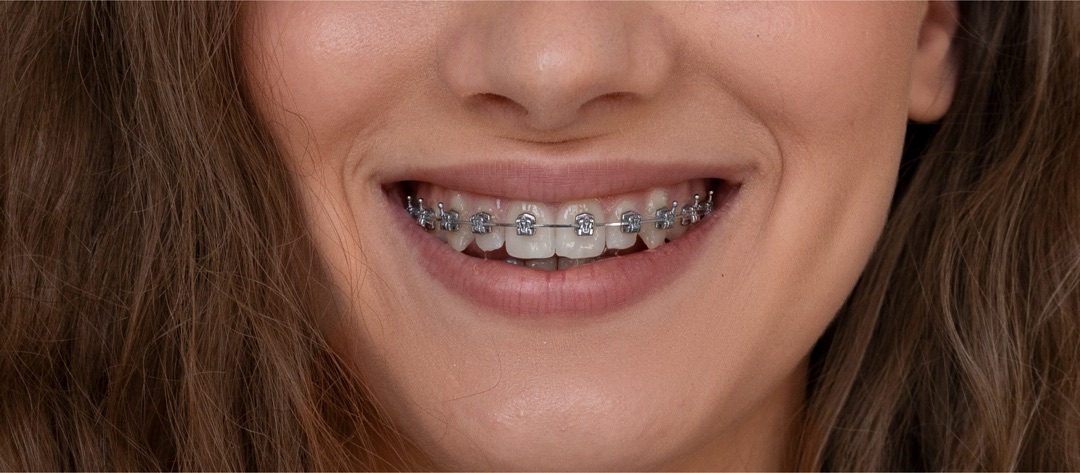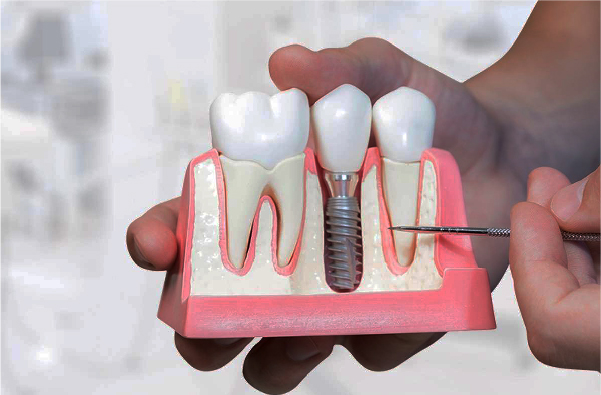Implantation of teeth: myths you shouldn't believe in

A dental implant has a conical structure, made of biocompatible titanium or other material. The feature of the implant is such that the human body does not perceive it as a foreign body and does not reject it. As we know, implantation restores both the functionality and the aesthetic appearance of the teeth. Despite its widespread use, there are many myths and misconceptions surrounding this treatment. Along with all that, this treatment has been successful. This time we will get to know the most common myths about dental implants and reveal the truth behind them. Myth 1: Are the implants created equally? No, it is not like that. Implants have a wide variety and each of them has its own characteristics and advantages. MaryClinic has a special digital intraoral scanner, using which the dentist scans the visitor's oral cavity. Based on the results of the research, virtual implantation planning is done. Thus, the doctor takes into account the number of implants, their size, and other factors. That is why not all implants can be created equally. Whenever you hear information about dental implants, it is important to get a consultation with a dentist who can provide reliable information and recommend the optimal dental solution. Myth 2: Another common myth is that dental implants are only for the elderly. Whether you've lost a tooth due to trauma, tooth decay, or congenital conditions, dental implants offer a long-term solution that can restore your dentures regardless of your age. In fact, young people make up a significant number of people choosing dental implant treatment. Due to their overall health and strong bone structure. Tooth loss becomes more common with age. Visitors of all ages can benefit from this type of treatment. The only requirement is to be over 18. Myth 3: Dental implants are painful and dangerous One of the most discussed myths about dental implants is that implant surgery is painful and risky. In fact, implantation is a safe and routine treatment that is performed under local anesthesia causing minimal disturbance to the visitor. Thanks to advances in dental techniques and technology, implant treatment is faster, more precise, and less invasive. Implantation may even take a day. It is normal to experience mild discomfort and swelling after surgery. Most visitors believe that the benefits of dental implants outweigh any temporary discomfort. Remember about proper care and maintenance. Being consistent increases the success rate of implants by almost 95% making them one of the most effective tooth replacement options. Be sure to consult with a qualified doctor so that the best dental implant system is chosen for you and you get the best dental implants. Myth 4: Some of the visitors may have certain health issues, which makes the implantation contraindicated. Among those diseases are rheumatism, tuberculosis, and a number of chronic diseases, blood disease, disease of the nervous and bone system, severe diabetes mellitus, etc. That is why, before starting the treatment, the dentist will fully examine you. The dentist will make a decision based on the conclusion of the health condition as a result of the examinations, whether you are contraindicated for implantation or not. Consider the blood test as well. Remember that every research is important. Also make sure your immune system is high before starting treatment. And in the end... By dispelling these myths, the MaryClinic team empowers visitors to make informed decisions about their oral health. Instead of listening to the advice of relatives, friends, and neighbors, it is important to consult with a qualified dentist, because it is the first step to get healthy teeth and a beautiful smile that can be maintained for a lifetime.The most important question: what is an implant?
All types of dental implants are the same
Dental implants are only for the elderly
Implantation: no contraindications







